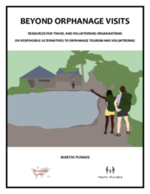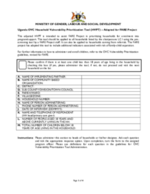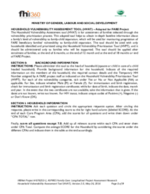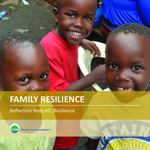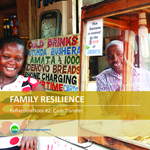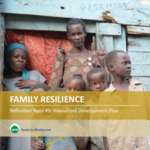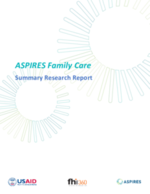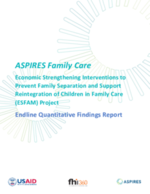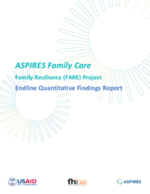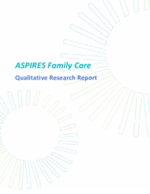The Accelerating Strategies for Practical Innovation and Research in Economic Strengthening (ASPIRES) Family Care Project focused on how economic strengthening (ES) interventions can help prevent unnecessary separation of children from families as well as support the reintegration into family care of children who were already separated. This mixed methods evaluation was implemented alongside programming that included longitudinal quantitative data collection with all participating FARE and ESFAM households at three time points to assess a range of indicators related to household economic and family well-being, as well as in-depth, longitudinal qualitative research to help understand how (well), from participants’ perspectives, the FARE and ESFAM interventions aligned with perceived drivers of separation and families’ experienced child-level effects of programming.

